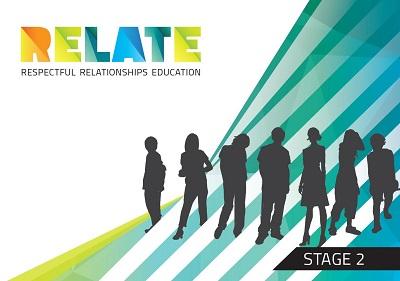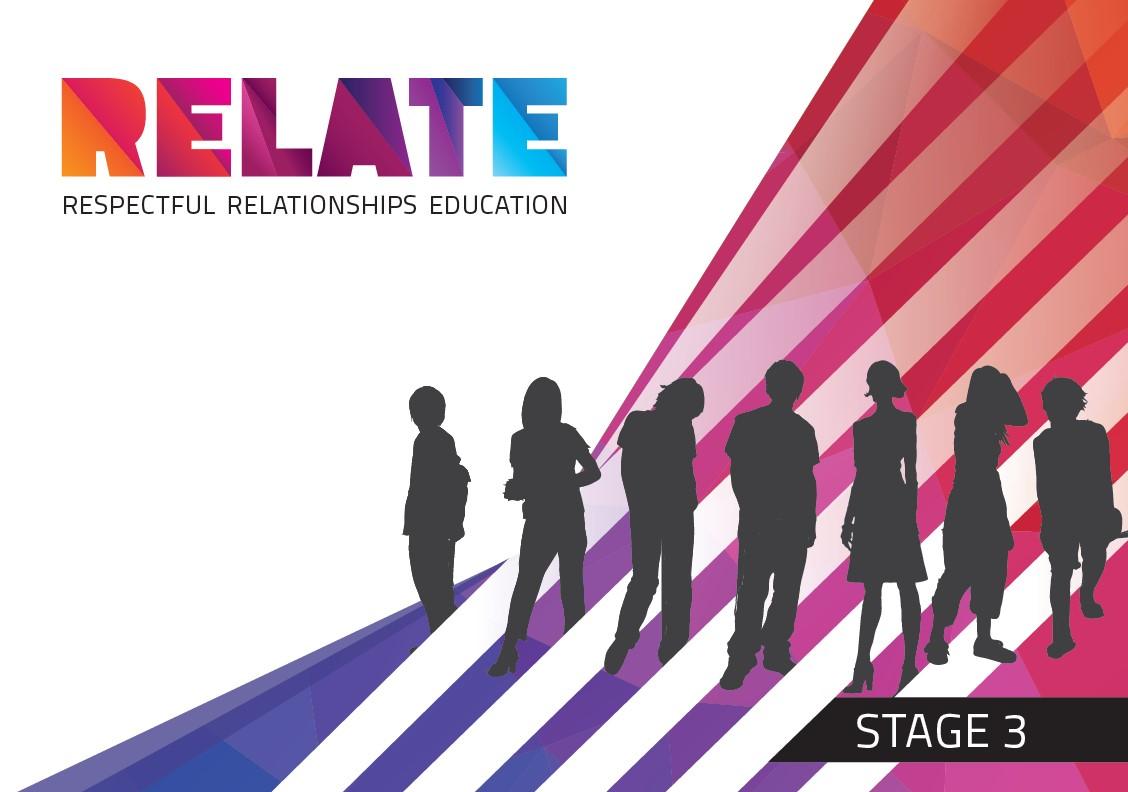
Students identify and describe emotions and develop an understanding that people can have different feelings and responses to different situations.
Students develop an understanding that social skills are required to build and maintain friendships.
Students consider the ways that a family may change, and identify ways to cope with changes.
Students distinguish between friendly and unfriendly behaviour and identify their own ‘getting on with others’ strengths and limitations. Students practise using friendly behaviour with others by giving and receiving compliments.
Students identify external body cues and verbal cues that people demonstrate when they are feeling a range of emotions. They identify how to ‘look’ and ‘listen’ to read these emotions in others and practise reading emotions in others in role-play situations.
Students discuss the changes that take place in families and identify realistic independent activities that they can do to help and cope with these changes.
Students discuss and practise strategies for making new friends and including others in activities and games through practising good playing skills. Feelings such as anxiety and nervousness, and strategies such as resilience and persistence, are discussed.
Students learn to recognise problems in relationships and develop practical solutions to prevent or manage conflict.
Students develop an understanding of what to do in situations where others are being bullied, that shows empathy and respects the rights of others.
Students play a game to allow them to experience exclusion and then explore and discuss how prejudices develop. They consider a range of scenarios that reflect discrimination of gender and healthy relationships and develop strategies to address these discriminations.
Students explore the implications of intense emotions on self and others and develop personal strategies to cope with the intense emotions that can result from adverse situations and the demands of others.
Students identify the social skills needed to develop respectful and positive relationships. They practise cooperating and collaborating with peers using specific social skills relating to respect, empathy and valuing differences.
Students develop a repertoire of strategies to use to protect themselves from bullying. They also examine ways to help someone else that may be being bullied.
Students identify and apply resilience skills required to respond positively to challenges and failure such as ways to calm the body; using self-talk, optimistic thinking and help-seeking behaviours.
Students explore different kinds of online communication and face-to-face communication and discuss the pros and cons of each.
Changes with growing older and how to manage
Students explore the physical, social and emotional changes that occur throughout a person's life.
Students discuss the changes that take place in relationships over time and identify feelings and strategies to help and cope with these changes.
Students explore how family, peers and the media influence how individuals interact in a given situation.
Students discuss and learn about the ways that consent can be communicated including verbal and physical cues.
Students investigate the possible influence that peers may have on the decisions we make.
Discussion and acknowledgement being denied permission, rejection, feelings of shame and disappointment.
Students identify the qualities of a respectful relationship, problem solve in a range of bullying, harassment and stressful situations and work towards enhancing an existing relationship by making informed choices to develop an action plan.
Students explore the physical, emotional, and social changes associated with puberty.
Through research, students develop an understanding of the physical, emotional and social changes that occur as a result of pregnancy and birth. Students create a poster or movie to demonstrate their understanding.
Students deepen their understanding of 'what's OK' and what's 'not OK' in friendships/romantic relationships and find examples in the film 'Tagged'.
RELATE: Respectful relationships program - Stage 2
Consent: Assertive and respectful communication
Students learn how consent is communicated across various relationships and the underpinning elements that make consent assertive and respectful.
Students examine how diversity and gender are often represented in the media and the impact this has on personal identities.
Consent: Ready vs not ready for sexual activity
Students discuss, consider and compare different views and perspectives on being ready for sexual activity.
Students develop an understanding of cyberbullying and the implications of sharing information online.
Porn: The who, what, where, when, how, why and why not
Students use the graffiti wall strategy and the Laugh and learn videos to develop an understanding of what porn is, how people may come across porn, why people access porn and its possible harms. Strategies for dealing with unwanted exposure to porn are also discussed.
Sexting: To send or not to send
Students use the Laugh and learn video and a decision mapping process to explore situations where people might be asked to send a sext.
RELATE: Respectful relationships program - Stage 3
Students develop an understanding of respectful relationships using fun interactive games, and identify the characteristics of respectful and disrespectful relationships.
Students use the Laugh and learn video to initiate discussions around safer sex.
Power to manage relationships
Students explore skills needed when dealing with challenging relationships and unsafe situations.
Consent: Communication and safety in sexual situations
Students explore legal, physical, social and emotional safety, and respectful relationships using a placemat strategy and the Laugh and learn video as a stimulus.
Explores the importance of communicating with a partner about readiness for sex, consent and





